Following the March 11, 2011 Japan earthquake and tsunami, the Pacific Asia Travel Association (PATA) has sent messages of concern and support to PATA members in Japan. PATA has been in contact with its members in Japan and across the Pacific region for an update on impact and what the association can do to help…

Following the March 11, 2011 Japan earthquake and tsunami, the Pacific Asia Travel Association (PATA) has sent messages of concern and support to PATA members in Japan. PATA has been in contact with its members in Japan and across the Pacific region for an update on impact and what the association can do to help.
PATA Interim CEO, Bill Calderwood, speaking from PATA head office in Bangkok March 12 said: “PATA sends its condolences and support to members in Japan and across the Pacific. Given the magnitude of the quake and tsunami, the impact would have been much worse were it not for Japan’s rigorous building codes and high level of earthquake preparedness. Earthquake and tsunami preparedness is an essential life-saving investment that all potentially affected countries should make.”
Calderwood added: “Our efforts now are to supply accurate status reports from our members in the region in order to give a clear picture of the situation across the Pacific.”
PATA has launched a member feedback and reporting zone on pata.org including emergency contact phone numbers, emails, and social media feeds. It has also created an online survey for travel and tourism organizations to report the extent of impact on ports, airports and beachside hotels and communities.
PATA’s Strategic Intelligence Centre reports that members in the Pacific region are generally reporting that the tsunami was not as destructive as first feared.
As of 15.30 hours on March 12 (Bangkok time), Fiji, Australia, New Zealand, Chinese Taipei and Easter Island have reported no major impact. Guam, Indonesia, French Polynesia, New Caledonia, Kiribati, Samoa, Washington state, British Columbia and northern Oregon have lifted their tsunami warnings. Samoa has reported no injuries or damage and its airports and harbors are open. The US Coast Guard has opened harbors throughout Guam, CNMI, American Samoa and Hawaii (with the exception of Maui).
PATA Life Member and former Chairman, Mr Nobutaka Ishikure, told the PATA Interim CEO from Tokyo: “Parts of Northeastern Japan were severely hit, not so much other areas including Tokyo. Telecommunication lines are crowded. The authorities are asking the public to refrain from using phones and internet in order to ease the situation.”
PATA Chairman, Mr Hiran Cooray, urged additional caution: “Everyone in Japan and on Pacific coastal areas needs to remain vigilant and cautious and follow safety advisories by their local authorities and governments. After shocks, some of them large, can be expected for days and weeks after the main earthquake.”
To reach the Japan tsunami online resource visit PATA’s Japan Earthquake and Tsunami Resources.
Theodore is the Co-Founder and Managing Editor of TravelDailyNews Media Network; his responsibilities include business development and planning for TravelDailyNews long-term opportunities.
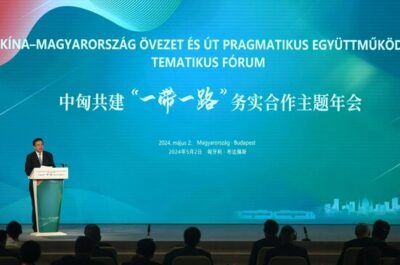


































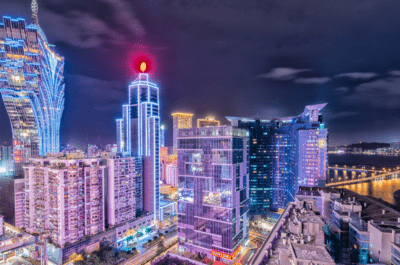
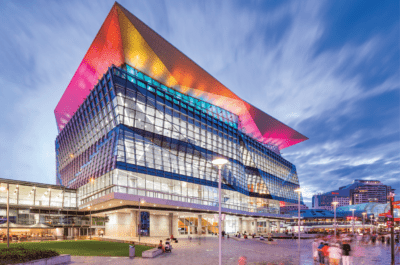



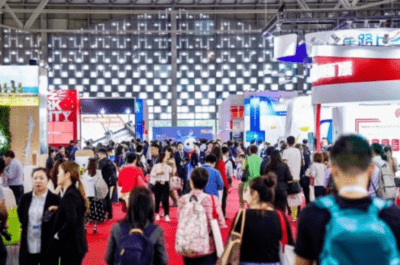


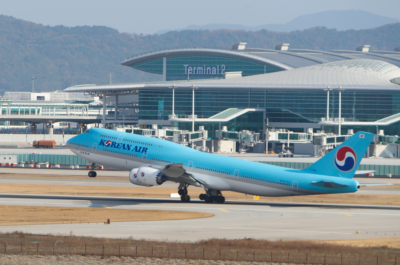















![[PR] PR_Ascott and Vimut Hospital_2024](https://www.traveldailynews.asia/wp-content/uploads/2024/04/PR-PR_Ascott-and-Vimut-Hospital_2024-400x265.jpg)







